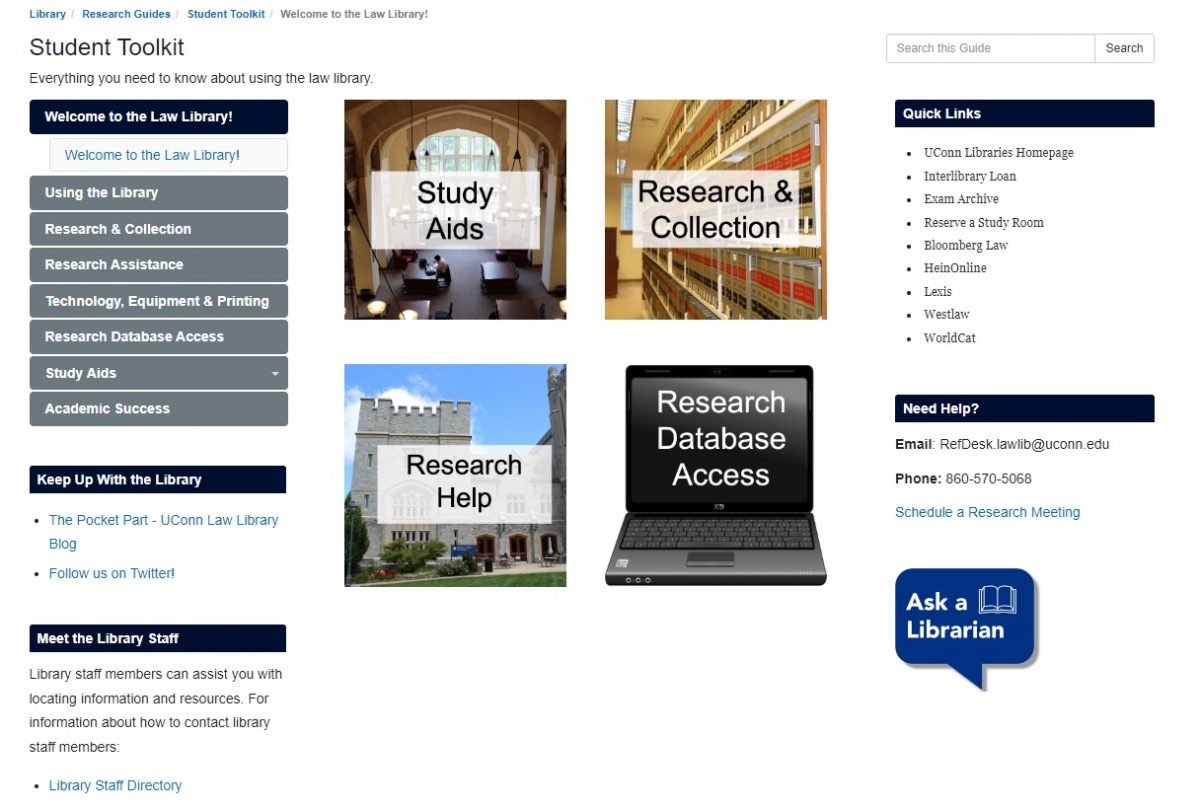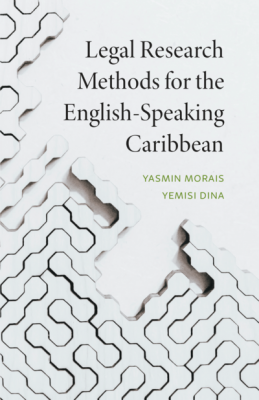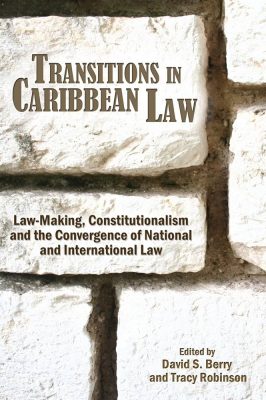
We are a week into the new semester and are so excited to welcome (back) everyone! Here are some of the most common questions we’ve seen at the front desk. This way you can make the most of your time here on campus and focus on other things like getting ready for class!
-
What are Course Reserves?
One copy of all required textbooks from each class is kept on reserve at the library. To check them out (four hours at a time) just stop by the Access Service desk to see if it is available.
To return them when the library is open, just bring those books back to the front desk. If you put them in the drop box, you may end up getting late fines, and you also deny your fellow students the ability to check the book out for themselves.
-
What’s the scoop with Study Aids?
In addition to electronic study aids such as Cali and West Academic Study Aids, did you know you can use numerous study aids at the library?
For example, on the third floor of the library you can study with Emanuel's, Nutshells and Examples and Explanations (AKA "E & E's) for Civil Procedure. You can use them in the library, scan sections you want- they are all available at your fingertips! We even have copies of the trusty Blue Book if you happen to forget it! Looking for writing assistance, there are loads of books dedicated to this topic you can check out!
For more info on study aids broken down by topic, check out this research guide.
-
Where are the printers and scanners located?
Printing
Law students have access to WEPA printers and release stations at several locations on campus. Printing costs $0.08 per side (black and white) and $0.35 per side (color). Students may upload print jobs from their own laptops directly to WEPA. Law Computer Lab workstations are also configured to allow printing.
WEPA stations are located in the Computer Lab (Library 2nd Floor), Library 3rd, 4th and 5th Floor.
Lexis Printing
It’s free to print material from Lexis to the Lexis printer also located on the 2nd floor! Lexis offers free printing from Lexis Advance from dedicated Lexis printers located outside the second floor computer lab. You can print Lexis materials from any computer using your Lexis account. For instructions:
Scanners
The Law Library provides two sheetfeed and book-eye scanners on the 3rd Floor of the Law Library, adjacent to the circulation desk. There is no charge to use the scanner. You can email scans to yourself or save them on a flash drive.
-
Where can I find a filtered water fountain/fill station?
While there are a number of water fountains all over campus, the fill stations are located in a few specific spots. From the front desk of the library, we often tell people to go through the double doors and take a right down the hallway to find the one we have in our building. Otherwise, there is a station in the gym in Knight, and two in Hosmer, one of the first floor and one on the second. They are located down the hallways amongst the faculty offices, so maybe say hi to a professor while filling up!
-
How can I get my hands on library materials?
You are always welcome to come into the building and pull things from the shelves yourself and check them out at the front desk, and reference librarians love to help locate them if you need a helping hand. During the pandemic, we also created a new on-demand service called Library2Go. It’s still a thing! Check out our page explaining the Library2Go pickup and digital scanning service.
Always remember that we are here to help and available to answer any questions you may have. Stop by the front desk anytime to say "hi" or feel free to reach out electronically.
Any questions we forgot? Reach out and ask away! Have a great semester!




